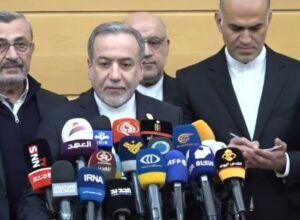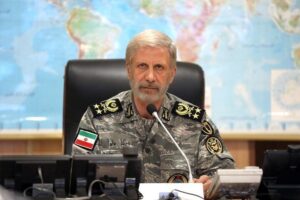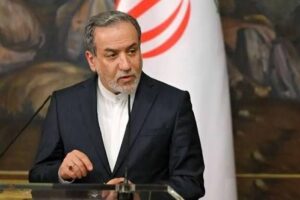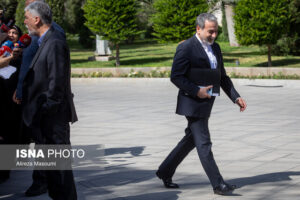According to the Persian edition of ISNA, following a series of consultations led by Egypt’s Foreign Minister, Badr Abdelatty, and initiated by the Arab Republic of Egypt, a joint statement was agreed upon by the foreign ministers of Egypt, Jordan, the UAE, Pakistan, Bahrain, Brunei, Turkey, Chad, Gambia, Algeria, Comoros, Djibouti, Saudi Arabia, Sudan, Somalia, Iraq, Oman, Qatar, Kuwait, Libya, and Mauritania.
Key points of the statement are as follows:
Rejection and condemnation of Israel’s attacks against the Islamic Republic of Iran since the early hours of June 13, 2025, as well as any act that violates international law and the principles and objectives of the United Nations Charter;
Emphasis on the necessity of respecting the sovereignty and territorial integrity of states, the principles of good neighborliness, and the peaceful resolution of disputes;
Grave concern over the dangerous escalation of tensions, which poses serious threats to regional stability and security;
Call for an immediate cessation of Israel’s hostile actions against Iran amid growing regional tensions, stressing the importance of de-escalation efforts that can lead to a comprehensive ceasefire and calm;
Reaffirmation of the importance of a Middle East free of nuclear weapons and other weapons of mass destruction, in accordance with relevant international resolutions, and the need for all regional states to swiftly accede to the Treaty on the Non-Proliferation of Nuclear Weapons (NPT) without exception;
Emphasis on the imperative not to target nuclear facilities under IAEA safeguards, as such actions would constitute a blatant violation of international law and humanitarian law, including the Geneva Conventions of 1949;
Call for the immediate resumption of negotiations as the only viable path toward a sustainable agreement on Iran’s nuclear program;
Stress on respecting freedom of navigation in international waterways in line with international law and preserving the safety of global maritime routes;
Affirmation of diplomacy, dialogue, and adherence to the principles of good neighborliness and international law as the only viable means to resolve regional crises, with a clear warning that the current crisis cannot be solved by military means.







